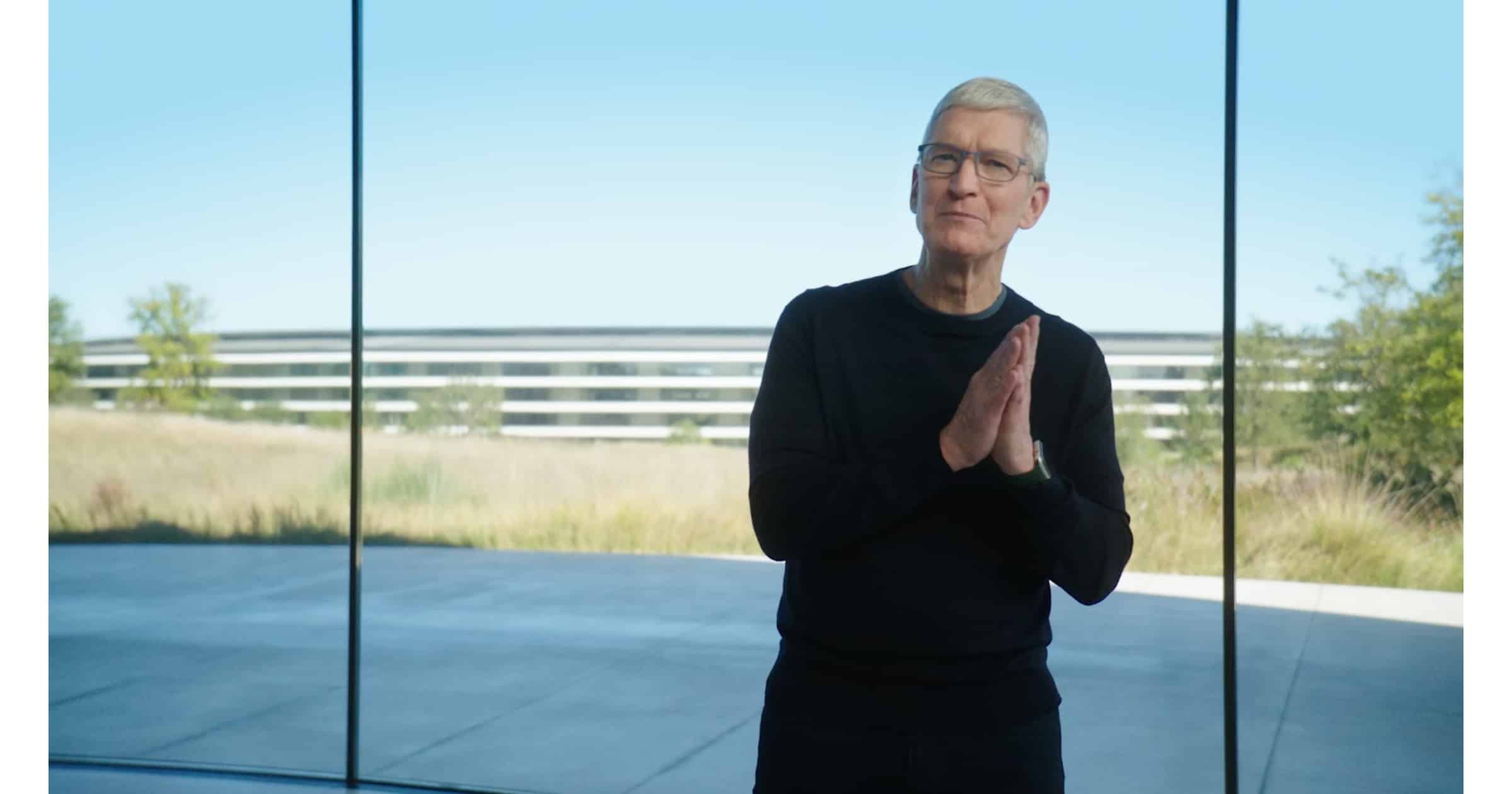Tim Cook has hit out a proposed European law that would force it to allow users to be able to install software not in the App Store. The Apple CEO said the Digital Markets Act would “not be in the best interest of users,” CNBC reported.
Tim Cook: EU Legislation Threatens iPhone Security
Speaking at the VivaTech conference, Mr. Cook said:
I look at the tech regulation that’s being discussed, I think there are good parts of it. And I think there are parts of it that are not in the best interests of the user.
He appeared to be referencing both the DMA and the Digital Services Act (DSA), which have been proposed by the European Union. As ever, he raised concerns that allowing software not in the App Store to be installed would threaten the security of the iPhone:
If you take an example of where I don’t think it’s in the best interest, that the current DMA language that is being discussed, would force sideloading on the iPhone. And so this would be an alternate way of getting apps onto the iPhone, as we look at that, that would destroy the security of the iPhone.
Apple, of course, takes either 15 percent or 30 percent of App Store purchases.
Discussing Apple Car and AR
Elsewhere in the conference, Mr. Cook was asked about a possible Apple car. He refused to dampen rumors, saying “there always has to be something up our sleeve.”
He also referred to the companies well-known interest in AR:
We’ve been working with AR first with our phones, and iPads, and later we’ll see where that goes in terms of products.

Charlotte:
The DMA and DSA proposals by the EU should reassure everyone that the wellspring from which legislators and regulators obtain bad ideas is in no danger of drying up, and as such, these will never be in short supply.
Again, Apple need to hone their argument of the security rationale for their whole widget and walled garden model contrasted against the empirical security picture in its absence, how this intersects with their efforts on user privacy (a stated value by EU members), and challenge these decision-makers to justify the removal of this model in the interests of user data security and privacy.
Cyber criminals would love it.